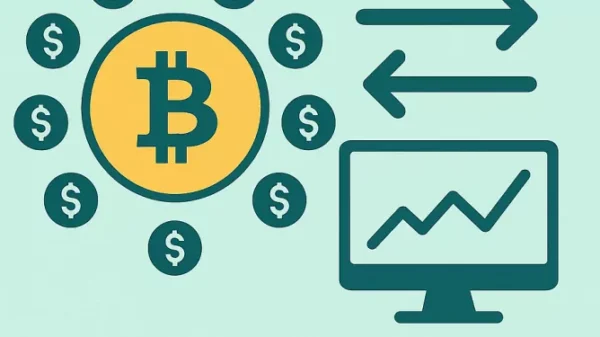There’s never been a better time to get your finances in order than right now. Whatever you might have going on in your life, it’s almost a certainty that your financial health could be improved; that’s not a criticism, just an observation that every single one of us could be managing our money better (ourselves included!). In that spirit, we thought it would be a good idea to look at some ways to boost your finances, and potentially your mental health too, this year. Here are 10 financial hacks you can try in 2022.
1. Improve your credit rating
Your credit rating dictates more than you might think. If you’ve ever struggled to take out a loan, a mortgage, or even a phone contract, then a low credit score could be to blame (credit rating and credit score are technically different things, but they’re often used interchangeably). There are many ways to boost your credit score. Paying off loans, putting yourself on the electoral register, and even taking out some quick loans and paying them back rapidly can all be good ways to get your credit score back on track.
2. Build a budget
Without a budget, you’re often spending and earning without actually realising what’s going in and out of your bank account. By building a budget, you’re taking back control of your finances. Building a budget is simple; all you need to do is examine your bank accounts closely for income and expenditure, then tally those figures up and see what you’re left with each month.
Also Read: How To Fix Common Divi Theme Builder Issues?
Budgeting to zero is a popular strategy nowadays, involving making sure you hit a perfect zero between incoming and outgoing finances.
3. Fill out some surveys
Many people underrate the effectiveness of surveys when it comes to making a little extra cash for yourself. There are plenty of portals online that will let you fill out opinion surveys for some money, and although the amounts often seem negligible individually, they quickly add up. You’ll be asked for your opinion on all kinds of subjects, and while you can often pick which ones you want to fill out yourself, it’s a good idea to branch out and try lots of different surveys.
4. Set aside a rainy day fund
Too many of us are living from our bank balances with no savings set aside. Starting up savings means you’ll have something to look to if things get dire, so if you’re able, it’s a good idea to create a savings account as soon as you can. You don’t need to put too much in each month; just saving what you have left over can be a big help, and it can also assist if you’re budgeting to zero. Of course, not everyone can afford to save, but if you can, you should.
5. Look at your possessions critically
When you’re examining all of your possessions and deciding what you need and what you don’t, you should be as harsh with yourself as possible. Do you really need that coffee maker or that blender? If there are things in your house that you don’t use, then they could be better served being sold to someone who will use them, and you can make a tidy profit into the bargain. Enlist the help of friends and family members to cast a critical eye over the things you’re no longer using.
6. Shop smarter
Many supermarkets and other shops will sell own-brand alternatives to the things you use daily. In many cases, these own-brand alternatives are just as good as the branded items you’re used to buying. Food, household items, and even electronics are all often available in own-brand versions, and you should look into these if you want to save money, as they’re often cheaper. It only takes a few days to wean yourself off a taste you’re used to, but the financial savings could be immense.
7. Work out for less
Ditch that costly gym membership if you’re looking to save some money. There are lots of workout videos and routines available on YouTube, and they usually don’t cost a penny (although their creators do sometimes ask for donations if you enjoy the content). Don’t want to work out to a routine? No problem – apps like C25K (couch to 5K) on your smartphone are also available free of charge, and they’ll help you to implement your own routine.
8. Spend mindfully
It might sound a little wishy-washy, but one of the reasons that people often don’t think about what they’re spending is that they’re not practising mindfulness. Each and every time you spend money, pay careful attention to what you’re spending and whether it’s a good decision. This can take time and effort; if you’re not used to paying attention to what you spend, then you might need to “catch yourself in the act” a few times before it starts to stick.
9. Keep an eye on subscriptions
Many subscription services actually make a shocking percentage of their profit through customers who forget to unsubscribe after a free trial period. Make sure that any services you sign up to aren’t draining your bank account long after you need them. Of course, this doesn’t include subscriptions you’re actively using, but free trials can be pernicious, and many of them don’t include easy ways to cancel. Before you sign up for a trial, make sure you know how to cancel!
10. Talk to a financial advisor
You might think we’re stretching the definition of the word “hack” here, since talking to a financial advisor isn’t exactly a financial hack. However, many people neglect to do this, and it could be the difference between healthy and unhealthy finances. Advisors know what they’re doing; they’re usually qualified individuals who have helped hundreds of thousands of people to manage their money, and there’s almost certainly some friendly advice they can give to you as well.
Suggested Reads: Email1and1 Login Webmail




























































